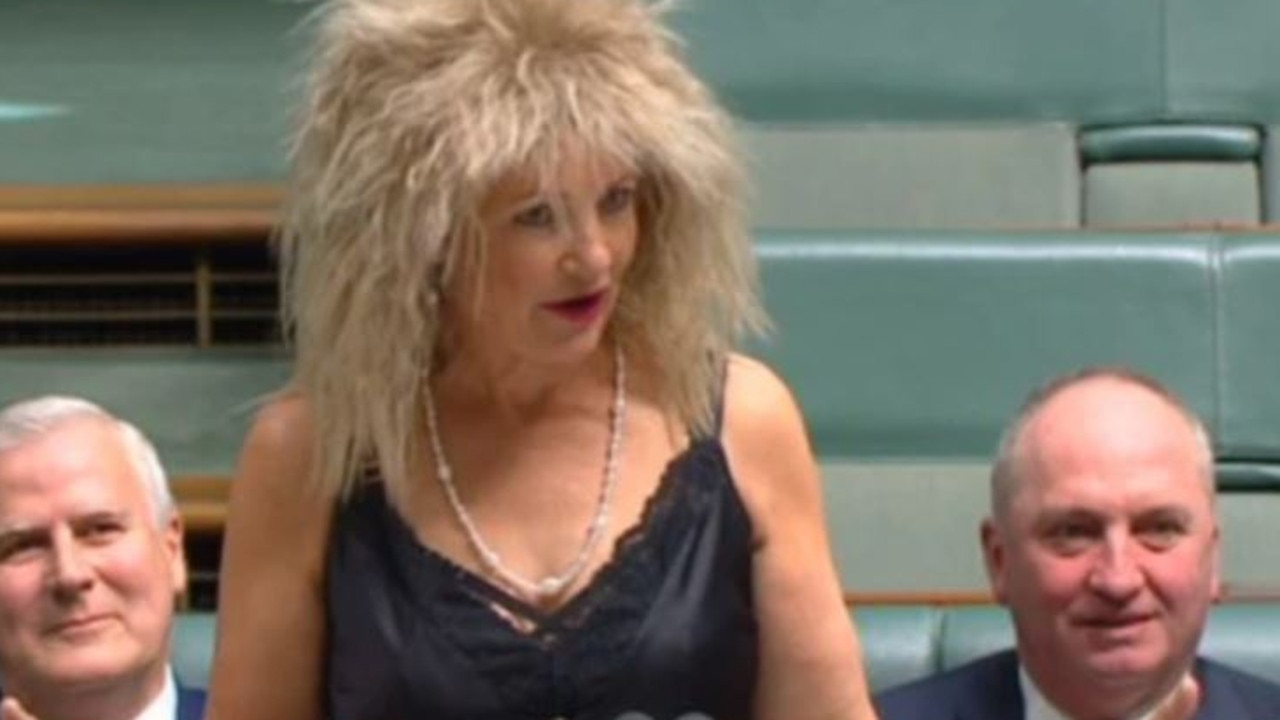Students struggling to survive as they miss out on government payments for unpaid work placements
Jamie works gruelling 12-hour shifts at the hospital, as well as a second and third job on the weekends — but still lives on the poverty line.
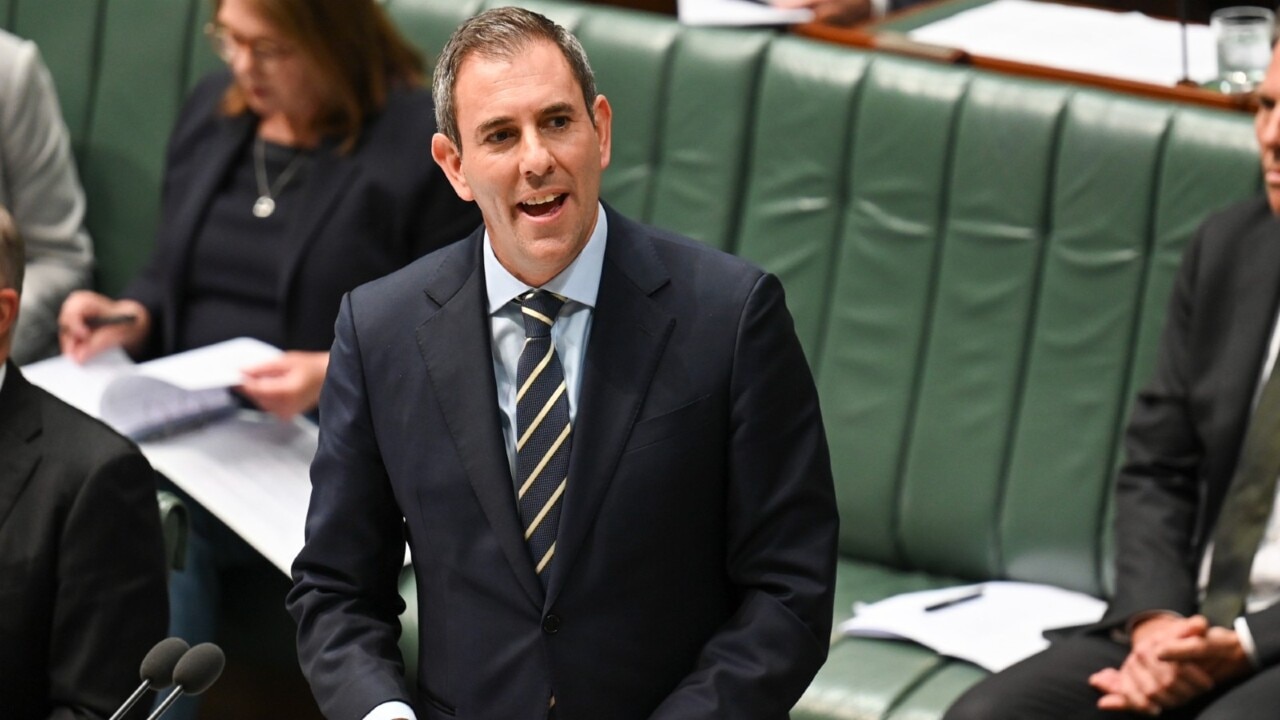
Jamie* gets up at 4.15am and begins the hour-long commute to work at a Sydney hospital where he makes the most of the free time by studying on the train.
The 29-year-old then begins his gruelling 12-hour work day at 6.30am.
Finishing his shift at 7pm, he arrives home an hour later where he eats leftovers, then does a few more hours of study and is usually asleep by 11pm, only to repeat the same day over again in a nightmarish loop.
Jamie also works a second and third job on the weekends and estimates he works around 90 hours per week.
Despite the long hours, he lives on the poverty line. That’s because he’s a medical student and doesn’t receive a cent for his time at the hospital. The weekend work is what keeps a roof over his head.
“Currently, I work 25 hours per week, while studying full time, to afford life,” Jamie told news.com.au on condition of anonymity.
The Albanese Government has introduced the Commonwealth Prac Payment, a $320 weekly payment for nursing, teaching and social work students for the time they are on placement, which they would otherwise have to do for free, as part of the 2024 budget.
While other students agree it’s a big step in the right direction like Jamie, they are “disappointed” that they have been overlooked, particularly as some other areas of study can also require as much as 1000 hours of unpaid work experience.
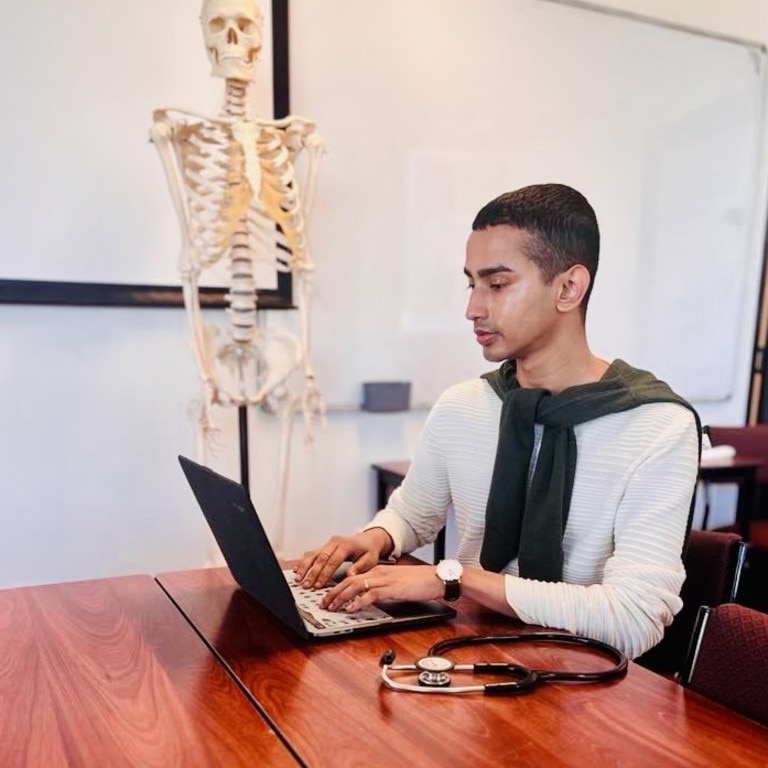
“You’re forced to do all these things just to survive,” Jamie said.
Jamie said that luckily, his hellish 90-hour weeks have calmed down a bit. He is now working another placement that lets him go home around 2pm.
As a med student, he isn’t eligible for the means-tested $319.50 per week payment for those experiencing “placement poverty” which will come into effect from July next year.
“There’s still progress,” he said. “Some change is better than nothing. Hopefully people wake up and realise these three professions aren’t the only ones (that need this).”
The aspiring doctor isn’t the only one who feels that way.
Ngaire Bogemann, president of the National Union of Students, said that it was unclear why the Albanese government had only chosen a small group of students to benefit from the changes.
“The federal government cannot and should not cherrypick which students get lifted out of placement poverty,” Ms Bogemann said.
“This support must be extended to all those who undertake mandatory placement as part of their degrees so that no one is left behind.”
Allied Health Professions Australia (AHPA) said it welcomed the announcement which will make life easier for an estimated 73,000 students but called for it to be broadened to help all health students who have to do work for free to graduate from their degrees.
“‘Placement poverty’ is real for many students of other allied health disciplines where mandatory placements are just as extensive, if not more,” AHPA chief executive Bronwyn Morris-Donovan said.
Do you have a similar story? Get in touch | alex.turner-cohen@news.com.au
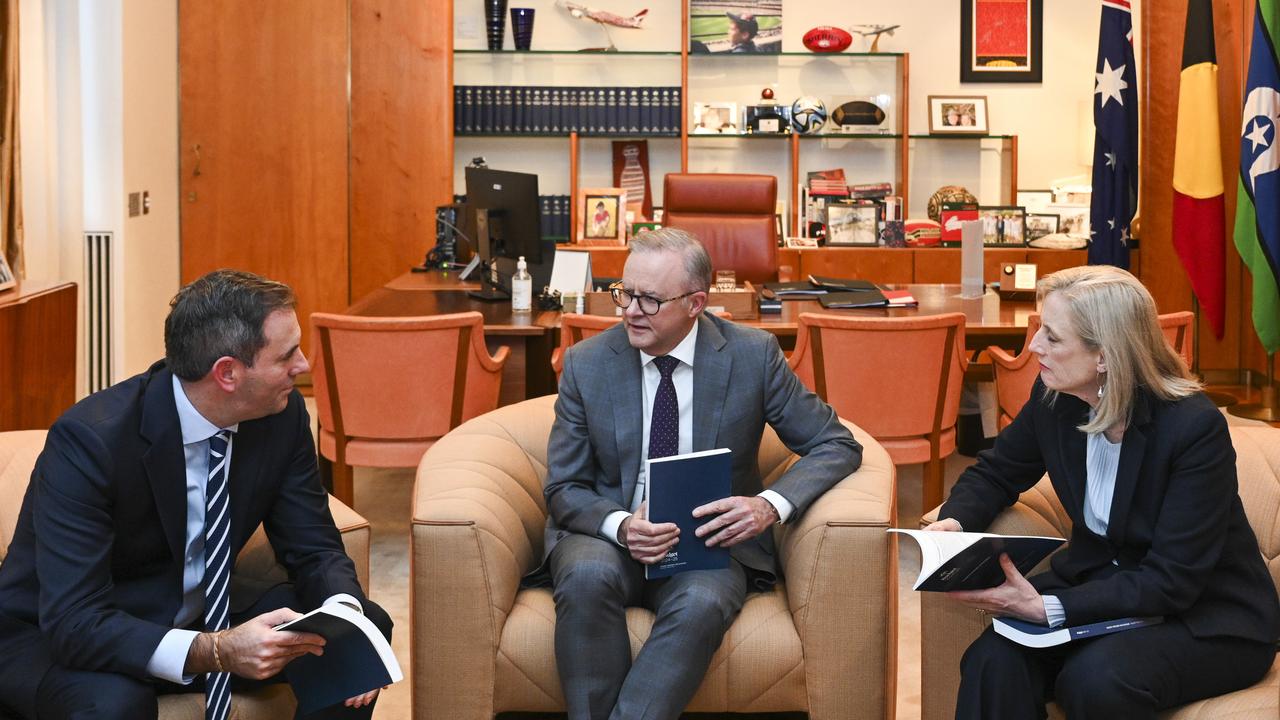
Education Minister Jason Clare has defended the decision.
“The Commonwealth Prac Payment will give people who have signed up to do some of the most important jobs in this country a bit of extra help to get the qualifications they need,” Mr Clare said in a statement.
“Placement poverty is a real thing. I have met students who told me they can afford to go to uni, but they can’t afford to do the prac.
“Some students say prac means they have to give up their part-time job, and that they don’t have the money to pay the bills.”
Mr Clare said that only nursing, teachers and social work students had been included in the package because the Australian Universities Accord had recommended they focus on these areas of study first.
Nursing students include those studying midwifery.
The Commonwealth Prac Payment will cost the budget $427.4 million.
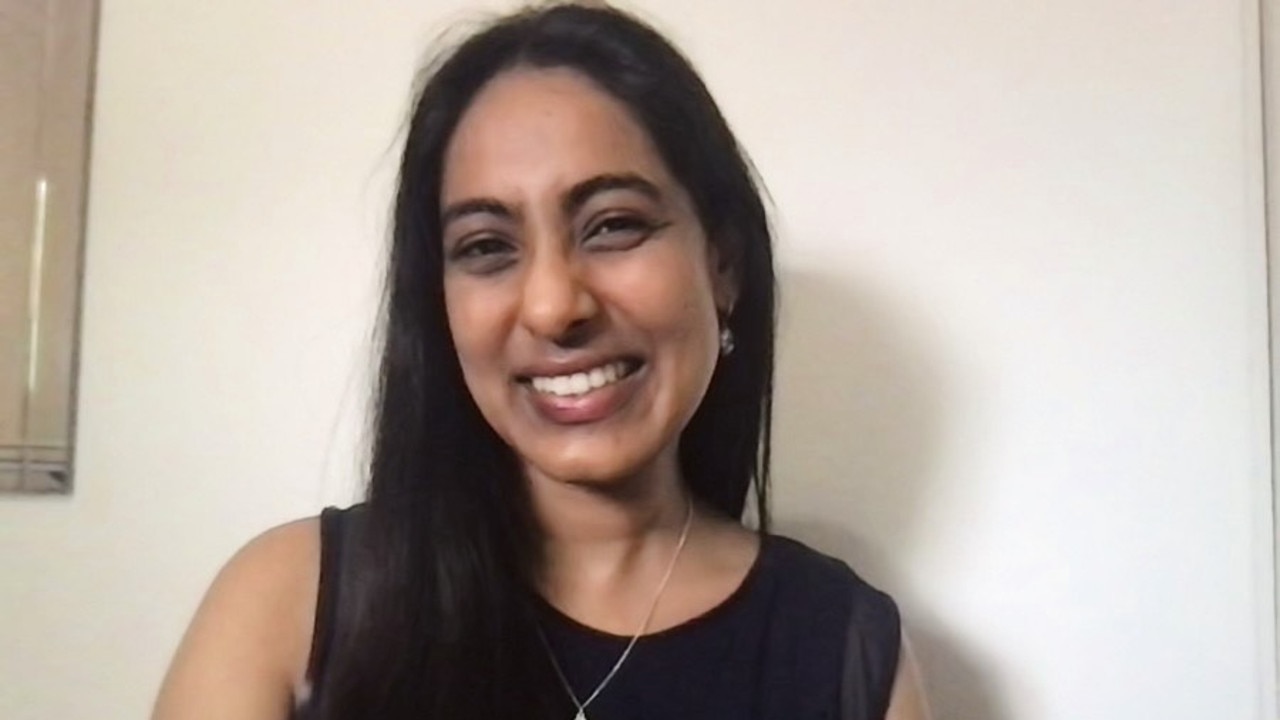
Struggle to survive
Shabnam Shafiq is another med student who works between 30 and 35 hours a week as well as doing 40 hours of unpaid placement.
This allows the Melbourne-based student doctor to scrape by supporting herself and her younger brother, whom she cares for full-time.
“I have to work two jobs and am currently looking for a third job,” she told news.com.au.
“I live with my little brother and care for him, and along with our rent, we also have to pay bills, grocery bills, the bill for our car and many other things. We live independently here and don’t receive any money from our parents, so it’s up to us to survive.”
It leaves her with “simply no time” to study or have any kind of social life, all while she watches her savings drain away.
If she was able to access the $320 payment, it would make a “huge difference” and alleviate her daily struggle to survive.
Amlan Chowdhury is in a similar predicament. The 23-year-old medical student is based in Sydney after growing up in Adelaide and said his parents “don’t have the capacity to support me”.
“The first two years of my degree, it was quite possible to balance work,” he said.
“But with clinical placement, you have to treat it like a full time job. The day starts very early and ends very late. It’s not sustainable.”
Mr Chowdhury said the $320 payment would be life-changing.
“To receive even a small amount would mean you could afford to buy food from the hospital cafeteria, and it would cover your train costs,” he said.
“The perception is you’ll make all this money as a doctor. I need the money now. Not a hypothetical income.”
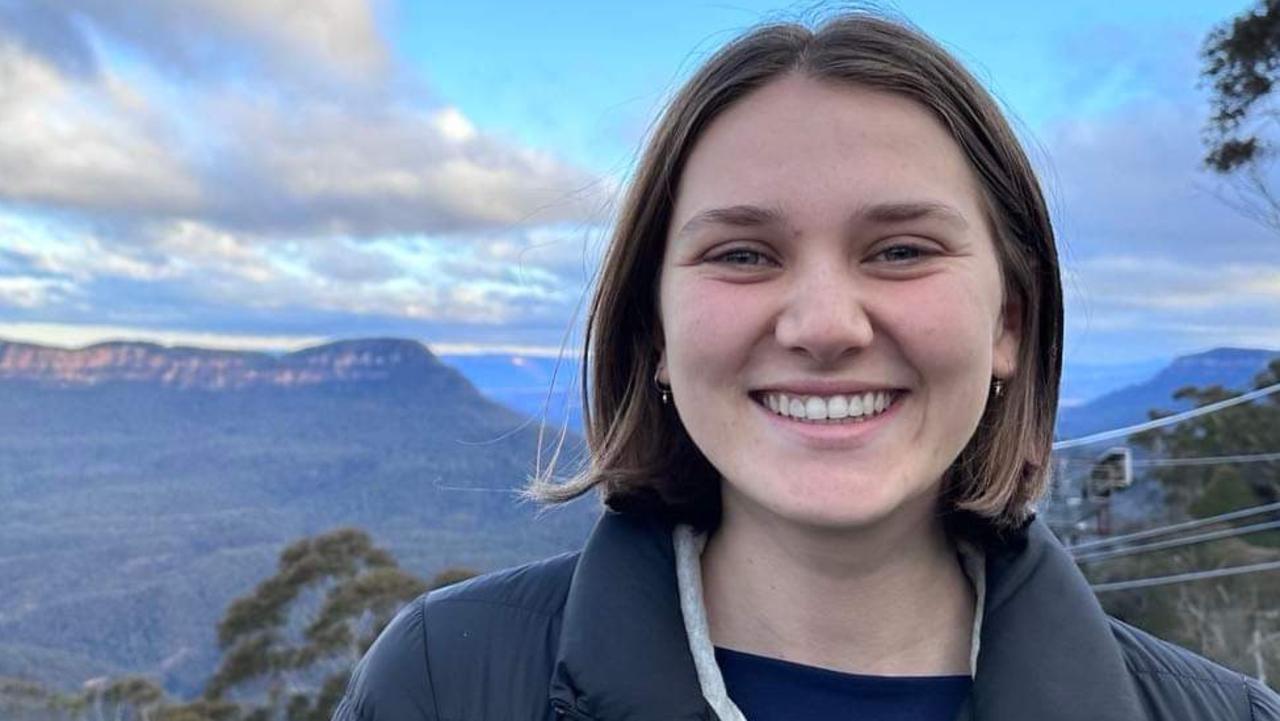
Emma Cocking, 24, is another medical student who has seen the strain on her classmates at the University of Notre Dame first-hand.
“I do get a two-week break, that’s it,” she said.
“Otherwise I’m going mid-January to November, five-week placements back to back.”
Mondays are reserved for classes, and at the beginning of her course the lecturers were quite stern that students attend.
But as the placement wears on, Ms Cocking has observed fewer of her classmates attending as they try to make the most of the day by completing paid work.
A classmate of hers, Louise Evans, has also found herself in an unusual predicament due to the pressures of studying medicine.
She recently got engaged to her partner but this means she is no longer able to receive study help from the government.
“The Centrelink money I used to get didn’t even cover rent,” she said. “I was on Centrelink for two years while working.”
As a result, Ms Evans’ partner now covers her rent and groceries, although the two of them don’t live together. She is based in Sydney but her fiance lives in Brisbane.
“Medicine already targets this privileged population,” she said. “For a lot of people you can’t afford to not work and do study.”
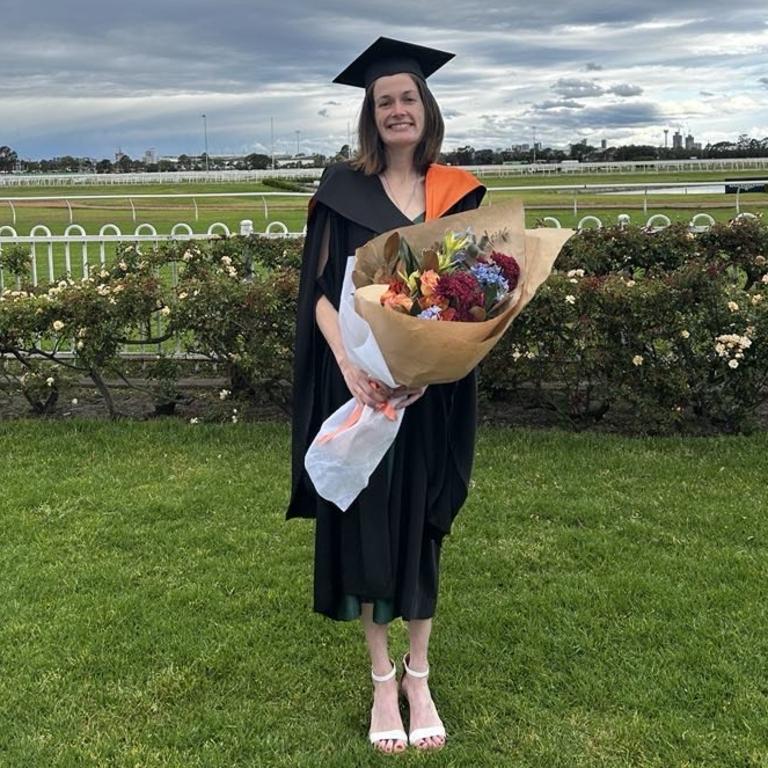
Occupational therapy students have also missed out.
“Not only do many students lose their source of income during this time, but some also have no employment to return to once their placements come to an end,” Occupational Therapy Australia (OTA) chief executive Sam Hunter said.
“Students are often required to make themselves available on short notice to work full-time hours for many weeks for placement requirements. This approach is unsustainable for both the students and the host workplaces.”
Emma Watson, 24, an occupational therapist from Sydney who recently graduated, said students had little say over where they were sent on placement.
“I know people that had to go rurally, you don’t get compensation for that,” she said.
Ms Watson said the inconsistent placements made it impossible to do any work except for the occasional nannying.
She added some people took more than four years to complete the degree, as they had to drop down from full-time to part-time study simply to survive.





